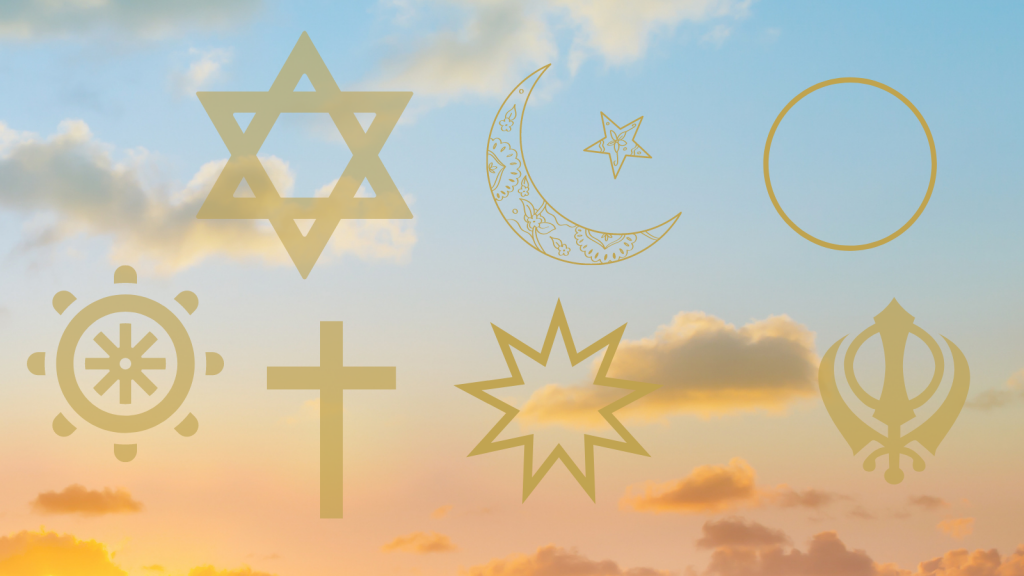By Dr. Tony Kireopoulos
It has joyously and nearly universally been noted that we are currently in the midst of a confluence of many holy seasons, a happy calendrical coincidence that has not taken place for some thirty years.
Among these seasons, Christians have been moving through Lent, a forty-day period of reflection and preparation that began in early March and leads (on April 17 for western and some oriental churches, on April 24 for eastern and other oriental churches) to the foundational celebration of the Resurrection. Jews are celebrating Passover, the remembrance of the community’s defining moment, over the week of April 15 – 23. And Muslims are in the midst of the month-long journey of Ramadan, a spiritual sojourn fundamentally meant to deepen one’s inner self in relation to God, which began on April 2 and ends on May 2.
While each of these celebrations, and others within this time period – in the Baha’i, Buddhist, Hindu, Indigenous, and Sikh communities – has their own distinct and profound meanings for their respective adherents, the confluence is indeed noteworthy and a cause for reflection. Perhaps what unites all of these commemorations the most is the belief that each of these holidays and seasons calls us to be better people, and to live out to the best of our abilities the values we hold dear. At the pinnacle of these values is how, even as we regard ourselves, we treat one another.
This is the clear calling in the most common Lenten prayer from the Orthodox Christian tradition: “O Lord…take from me the spirit of sloth, despair, lust of power and idle talk…give rather the spirit of chastity, humility, patience, and love…grant me to see my own transgressions, and not to judge my brothers and sisters.”
The same calling echoes through the centuries as Jews break the unleavened bread during Passover meals and pray these words: “This is the bread of oppression that our ancestors ate in Egypt. All who are hungry, come eat with us. All who are in need, come celebrate Passover with us…This year there are those who are enslaved. Next year may we all be free!”
The call is also in the hearts of Muslims in Ramadan: “O Allah, grant me your love, and the love of those who love you, and the love of every action that brings me closer to you.”
All of these prayers acknowledge the truth that the love of God, and the salvation it brings, is only as real for us as the love we have for others. This kind of love precludes the disregard for others, and it seeks the wellbeing of all. And it only comes to us through the intentional search for God that is at the heart of each of these traditions.
To lift up the wonders of these traditions is not to conflate their distinct meanings. There is no imperative to discover a deeper, divine significance with regard to their convergence. Instead it is a grand opportunity to learn, understand, and appreciate their commonality even as we note their difference. Diversity is a wondrous thing, as evident in humanity as it is throughout nature. During this year’s commemorations, let us be thankful for the opportunity to embrace this diversity and celebrate this commonality together.
Dr. Kireopoulos is Associate General Secretary of the National Council of Churches USA.
About this blog: The views and opinions expressed in this blog are solely those of the original author and were prepared in the author’s personal capacity. These views and opinions do not represent those of the National Council of the Churches of Christ in the USA, its member communions, or any other contributors to this site.

